Pope Francis, who passed away on April 21 at 88, leaves behind a legacy as vast and varied as his global influence. Yet in Ukraine, his track record is far from positive.
For many Ukrainians, the Pope’s legacy is shaped by his repeated downplaying of the gravity of Ukraine’s fight for its survival in Russia’s war of aggression.
His sweeping calls for peace over the past three years – from calling Ukrainians and Russians "brothers" to urging Ukraine to "have the courage of the white flag" in negotiations — left many Ukrainians feeling increasingly frustrated with the Vatican.
“Before the full-scale invasion, Ukrainians held a higher level of trust in the Pope than in other religious leaders, whether Ukrainian or global. However, this trust has significantly declined,” Anatolii Babynskyi, a professor specializing in church history at Lviv Catholic University, told the Kyiv Independent.
“When it comes to Ukraine (and Pope Francis), a simple answer isn’t possible.”
The Vatican has exercised neutrality in all wars since it formalized the Lateran Treaty with Italy in 1929. The treaty also specifies that the Vatican cannot mediate a conflict unless requested by both parties.
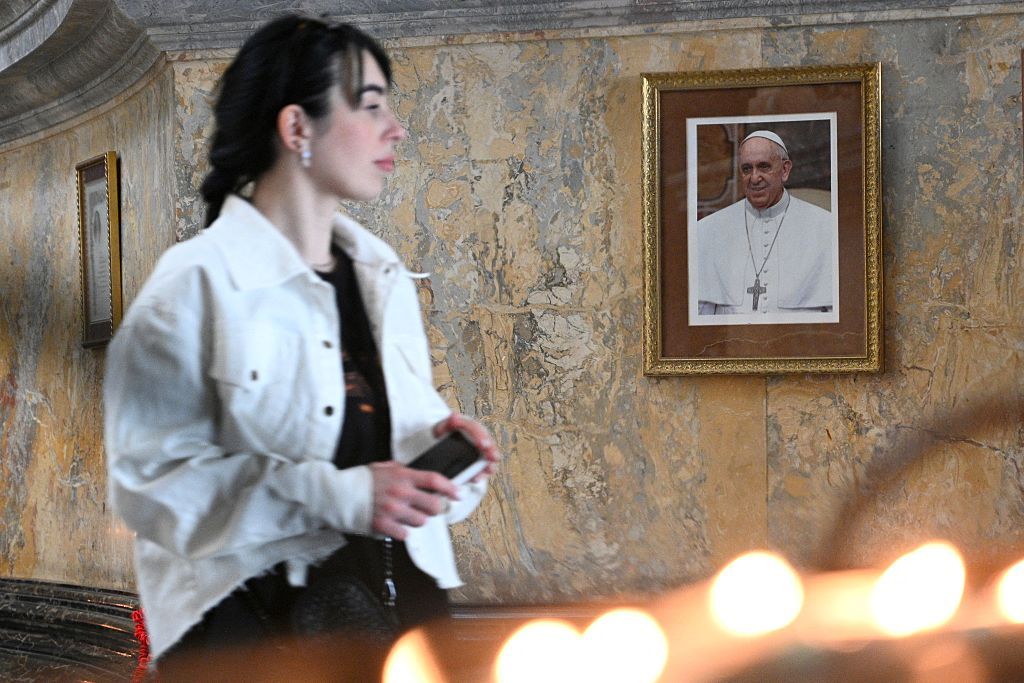
Church observers contend that the Vatican’s neutral stance enabled it to assume a critical humanitarian role that benefits Ukraine, including the return of Ukrainian prisoners of war and Ukrainian children abducted by Russia.
However, the Vatican’s efforts to uphold its long-standing traditions while acting as a mediator during Russia’s war against Ukraine have been criticized by others as a flawed strategy influenced by the Holy See’s historically complex and troubling relations with Moscow.
‘Peace is a fragile flower’
Pope Francis repeatedly called for an end to the war in Ukraine, but in many of his public calls to prayer, he refrained from explicitly identifying Russia as the aggressor.
Two days after his face-to-face meeting with President Volodymyr Zelensky in mid-October 2024, the Pope declared: “I appeal for the Ukrainians not to be left to freeze to death; stop the air strikes against the civilian population, always the most affected. Stop the killing of innocent people!”
The Pope also avoided publicly singling out Russian President Vladimir Putin. This reflected a deliberate strategy to maintain open channels for dialogue between the involved parties, according to journalist and Pope Francis biographer Austen Ivereigh.
Pope Francis did not call Putin names or denounce him personally – but nor did he insult any other leader, Ivereigh told the Kyiv Independent.
“That’s not what popes do — it is not the Vatican’s way,” he added. “When you insult someone, you close the door on a relationship with that person, and the Pope wants to keep the doors open to everyone.”
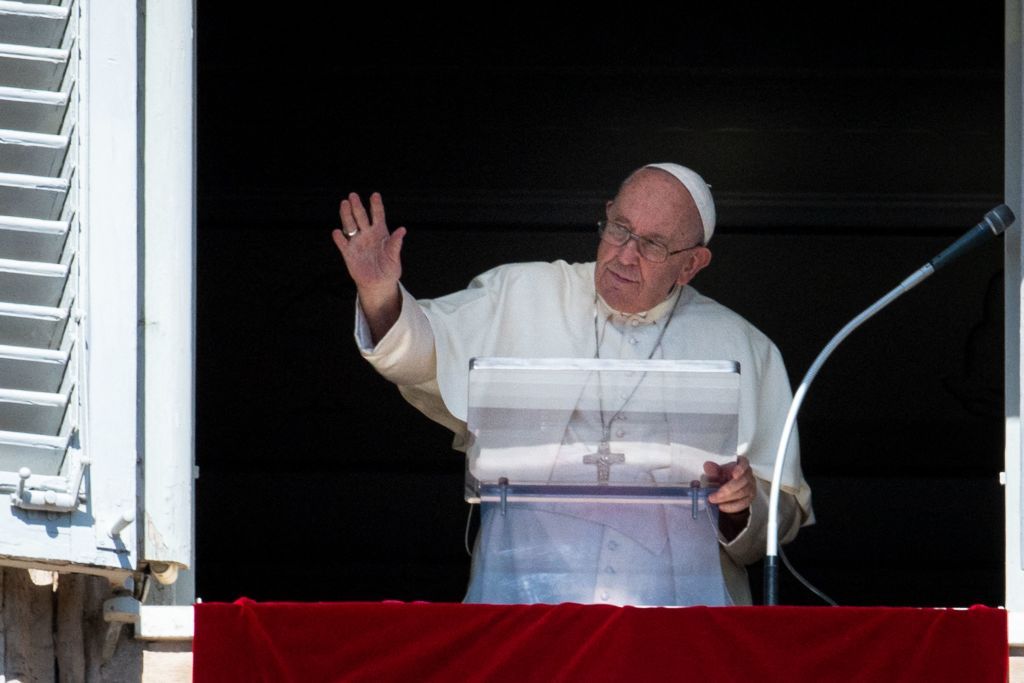
The fact that Kyiv and the Vatican maintained a direct line of communication, while the Pope never communicated directly with Putin following the start of the full-scale war, pointed to a more or less healthy relationship, according to Ivereigh.
While Pope Francis' calls for peace were much more measured compared to those made by Ukraine's allies, they were rooted in his conviction that a war cannot resolve the underlying causes of any conflict, Ivereigh added.
“Pope Francis consistently said that war is incapable of creating a better future. He want(ed) both sides to cease fighting and seek internationally-mediated talks. To be clear, this is not pacifism in the political sense of the word.”
Zelensky publicly eulogized Pope Francis following news of his death on April 21, remembering him for knowing “how to give hope, ease suffering through prayer, and foster unity.”
“He prayed for peace in Ukraine and for Ukrainians. We grieve together with Catholics and all Christians who looked to Pope Francis for spiritual support,” Zelensky wrote.
While Ukrainians have acknowledged the significance of calls for peace and unity, they have repeatedly tried to convey that such appeals alone are insufficient to halt Russia's aggression.
During their last face-to-face meeting, Zelensky reportedlypresented two artworks to Pope Francis – a bronze bas-relief with the inscription “peace is a fragile flower” and a painting about the Bucha massacre committed by Russian troops outside of Kyiv – both likely calling to this very issue.
Ukrainians “desire peace more than anyone,” Babynskyi said, “but they also demand justice to ensure such a tragedy cannot happen again.”
The Russia question
One of the biggest concerns Ukrainians have regarding Kyiv-Vatican relations stems from the Holy See's historical relations with Moscow and their influence over how the Pope viewed Russia’s war.
Vatican-Moscow relations have been rooted in the Vatican’s efforts to protect Catholic interests in the East and a long-standing romanticization of Russian culture.
“A segment of people within the Vatican circle are ‘Russophiles,’ enchanted by the romanticized image of the Russian Church or cultural figures that have been fostered in the West for centuries. They know Russia from books and art albums, much like Pope Francis (did),” Babynskyi explained.
In late August 2023, during a video conference with Russian Catholic youth at the Basilica of St. Catherine of Alexandria in St. Petersburg, Pope Francis told attendees they were the "heirs of the great Mother Russia."
"Never forget your heritage. You are heirs of great Russia: the Russia of saints, rulers, the vast Russia of Peter I, Catherine II — an empire that was great, enlightened, rich in culture, and humanity,” the Pope said.
“Never abandon this heritage. Move forward with this. And thank you. Thank you for the way you are, for your way of being Russian."
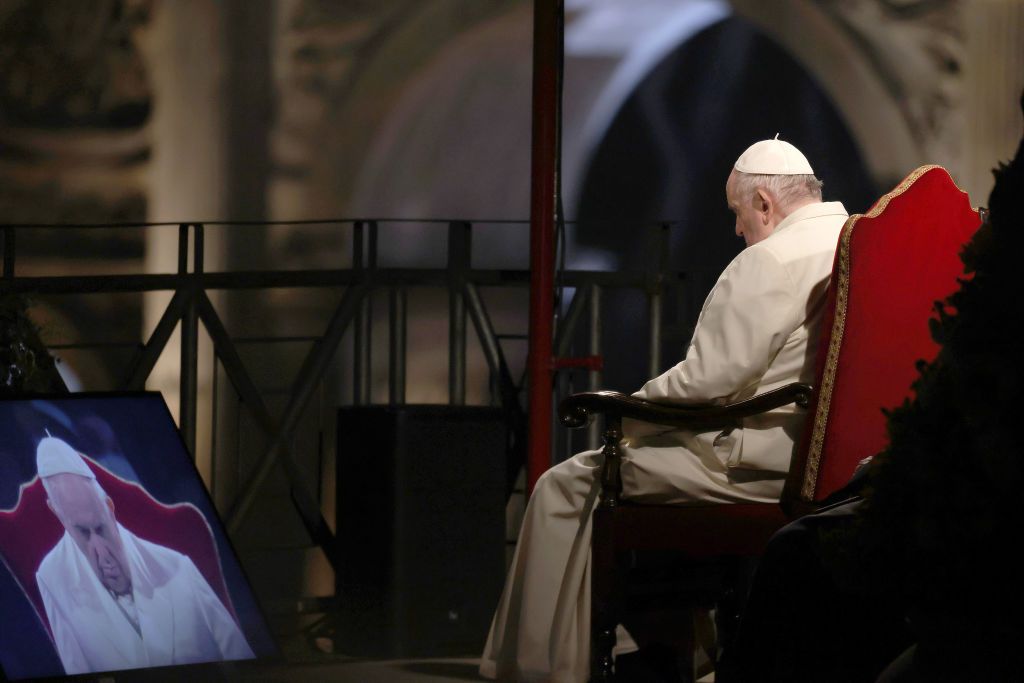
Pope Francis also suggested that some of the most heinous war crimes committed by Russian forces in Ukraine were perpetrated by soldiers who were not of ethnic Russian origin in an interview with a Jesuis publication in late 2022.
"Generally, the cruelest are perhaps those who are of Russia but are not of the Russian tradition, such as the Chechens, the Buryats, and so on," he said.
Russian military recruitment efforts have disproportionately focused on ethnic minorities from its more economically disadvantaged republics, but there is evidence that they are not solely responsible for the most heinous documented Russian war crimes in Ukraine.
Kyiv has documented nearly 165,000 suspected war crimes committed by Russian forces since 2022. Attributing these atrocities to specific ethnic groups ultimately downplays the scale and gravity of Russia’s war of aggression.
One of the most famous examples of this disinformation repeated by the Pope and others is the belief that Buryat soldiers were the main perpetrators of the Bucha massacre – subsequent investigations have shown ethnic Russian soldiers were also actively involved in the systematic rape, torture, and execution of Ukrainian civilians during the occupation of Kyiv Oblast.
The Pope’s romanticization of Russia also failed to address how Russia’s imperial history negatively impacted Catholics, including Empress Catherine II’s suppression of both Roman and Greek Catholics in the territories of Poland and Ukraine that were under Russian control in the late 18th century.
“Pope Francis (was) a Jesuit, and there is an interesting Jesuit history in the relations between the Catholic Church and Russia. When the Jesuits as a religious order were suppressed by the papacy in 1773, they could continue in Russia thanks to Catherine II,” Massimo Faggioli, a professor from Villanova University who specializes in church history and politics, told the Kyiv Independent.
“More generally, the de-occidentalization and de-Europeanization of Catholicism has implied a turning toward or a new gaze toward the East, a certain Orientalism or romance with a desired and imagined Eastern Christianity that has always had a strong appeal to some Catholic leaders.”
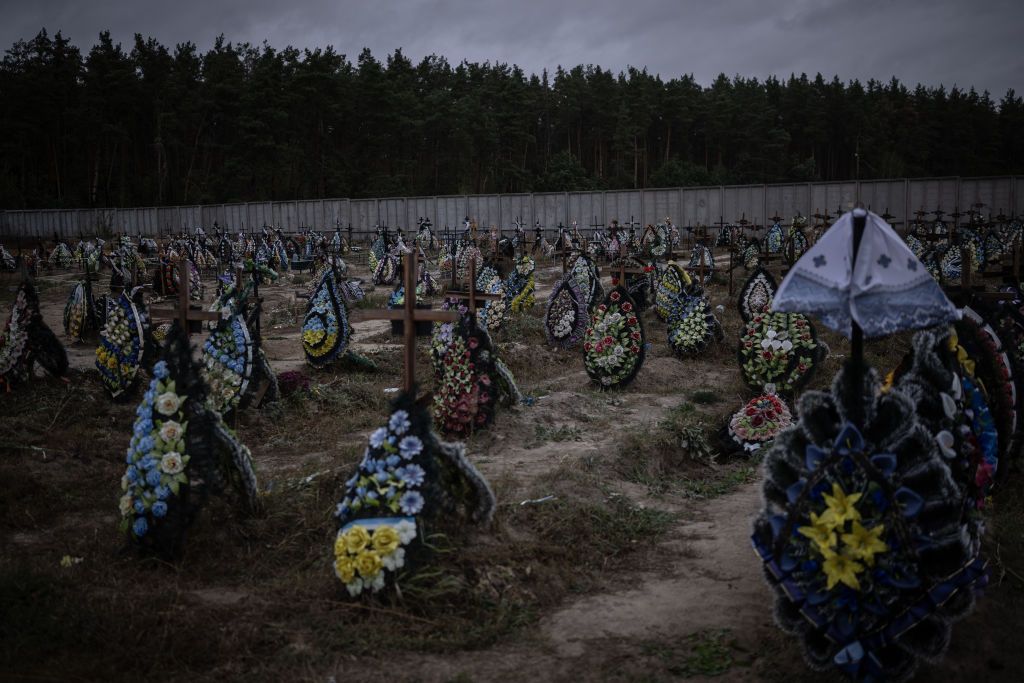
Russia's complex relationship with the Catholic Church persisted beyond the times of the Russian Empire and into the Soviet era, with archival documents revealing that the KGB made concerted efforts to infiltrate the Holy See — either by placing operatives within its ranks or by recruiting agents to gather intelligence on its behalf.
“The FSB (Russia’s Federal Security Service) has undoubtedly continued these activities,” Babynskyi said. “Moscow's diplomatic efforts were also intensive and systematic in the years leading up to the (full-scale) war.”
Pope Francis' remarks on Russia were shaped not only by the Catholic Church’s history with the Russian Empire but also by broader global politics, according to Faggioli.
The Pope’s perspective, rooted in his upbringing in the Global South, drew from experiences in his native Argentina, where he lived through the Dirty War — a brutal military dictatorship of the 1970s. That era, like much of Latin America during the Cold War, was marked by U.S.-backed right-wing regimes aimed at countering Soviet influence.
“As Pope, he (was) very important in the ongoing transition of Catholicism from a Europe-centered and West-oriented political and cultural tradition (in the last hundred years, more or less) to a Global Catholicism that is incredibly diverse and more assertive, less obedient to the West than in the past,” Faggioli said.
However, this skepticism in U.S. hegemony also led the Pope to make harmful statements about the war in Ukraine, such as when he said in the spring of 2022 that NATO expansion may have “provoked” Russia to invade — a lie repeatedly made by the Kremlin to “justify” the war.
Despite the Vatican's efforts to preserve diplomatic ties with Russia over the centuries in pursuit of broader Catholic interests, Moscow has consistently regarded the Holy See as an adversary.
From Moscow’s perspective, the Pope has long been regarded as a spiritual emissary of the West and its civilization — a figure emblematic of values they have simultaneously sought to emulate and profoundly resented.
In the aftermath of Pope Francis’ passing, his failure to directly address the threat posed by Russia — not only to Ukraine but to global stability — coupled with the Vatican’s historical ties to Russia, have left some questioning how the Holy See plans to safeguard itself from Russian overreach, if at all.
“Moscow exploits this Russophilia and political pragmatism to its advantage, even pointing to the Vatican’s neutrality as evidence that ‘not everything is so clear-cut,’” Babynskyi said.
“Are people in the Vatican aware of this? Likely, many understand they are dealing with intelligence operatives rather than genuine diplomats or church dignitaries, though they feel obligated to continue the dialogue. Yet some are still willing to overlook everything — even seeing the occupation of Ukraine as an opportunity to foster relations with a unified ‘Holy Russia.’”
Note from the author:
Hey there, it's Kate Tsurkan, thanks for reading my latest article. As a devout born and raised Roman Catholic, it was devastating for me to hear of Pope Francis' passing. While he wasn't the radical reformer that his critics presented him to be, he brought about a lot of positive change in the Catholic church. At the same time, he didn't recognize the threat that Russia presented not only to Ukraine but the rest of the world, and that hurt a lot for me to witness as a Catholic living in wartime Ukraine. I hope in this article, you see how I captured the delicate dynamics at play in the relations between Kyiv and the Vatican. If you like reading about this sort of thing, please consider supporting The Kyiv Independent.
.png)
 German (DE)
German (DE)  English (US)
English (US)  Spanish (ES)
Spanish (ES)  French (FR)
French (FR)  Hindi (IN)
Hindi (IN)  Italian (IT)
Italian (IT)  Russian (RU)
Russian (RU)  7 hours ago
4
7 hours ago
4
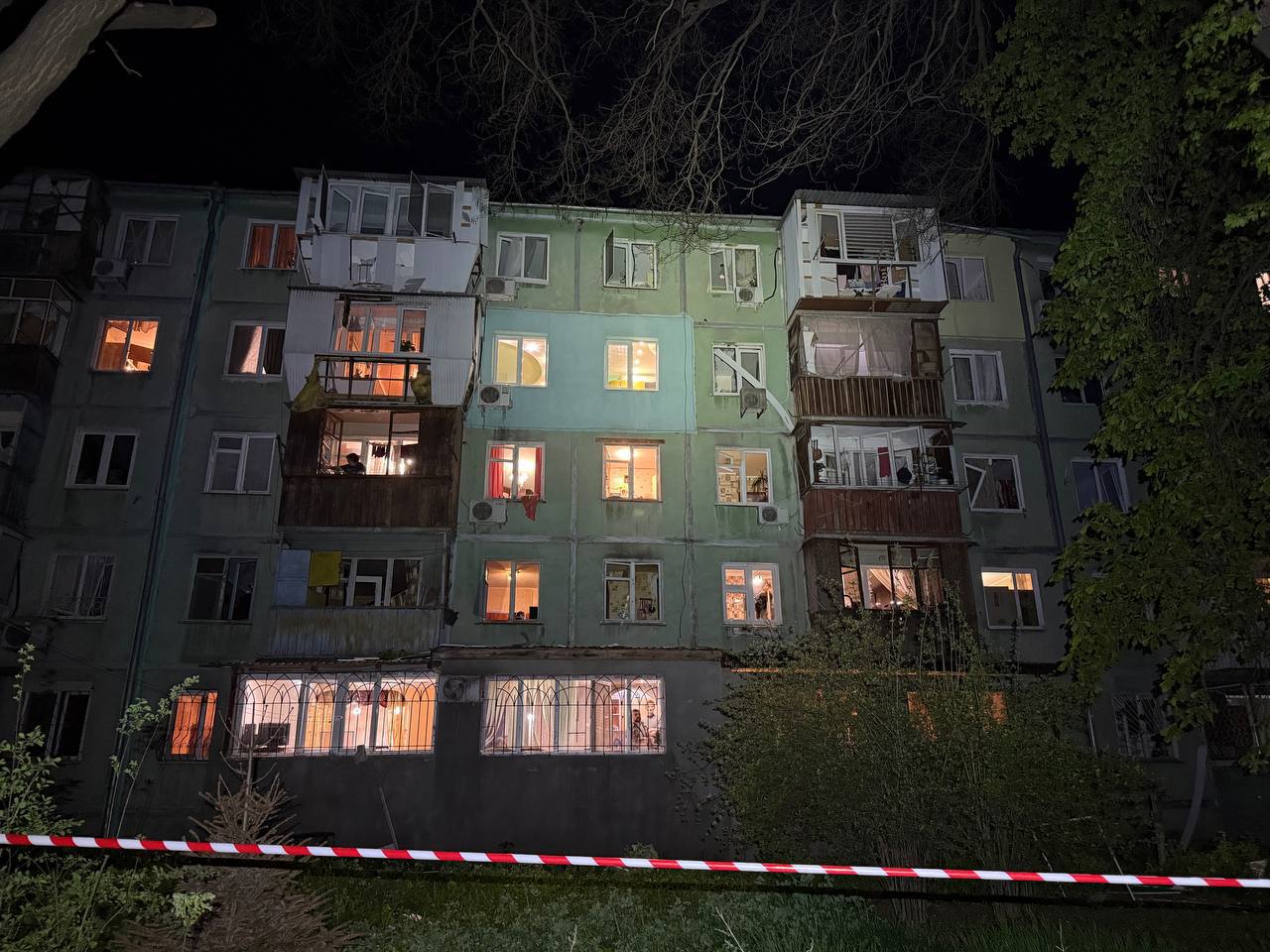
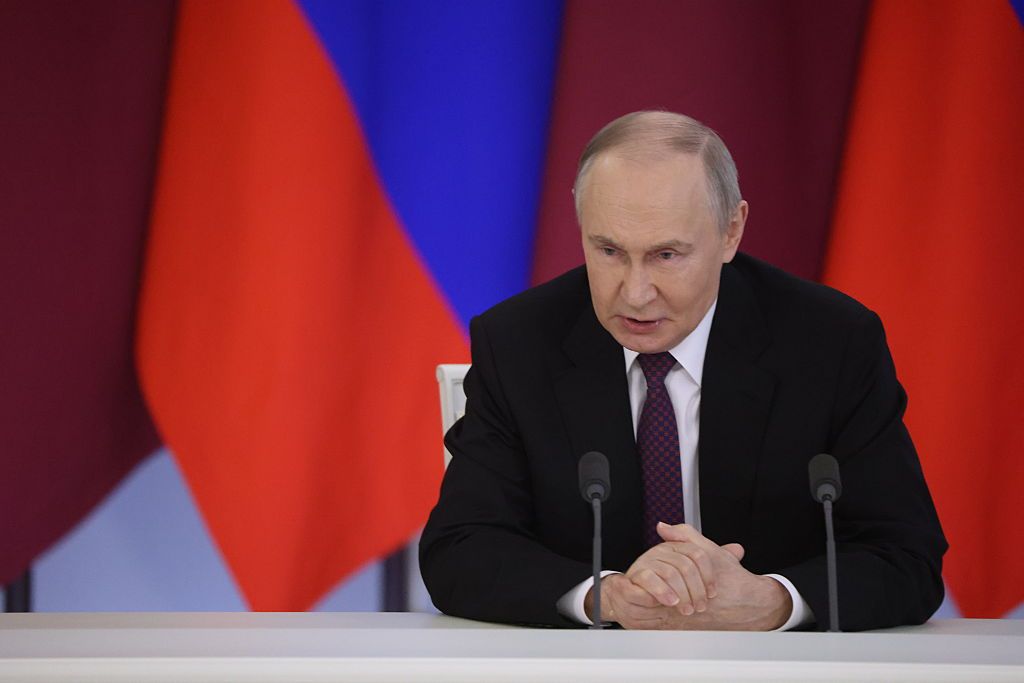
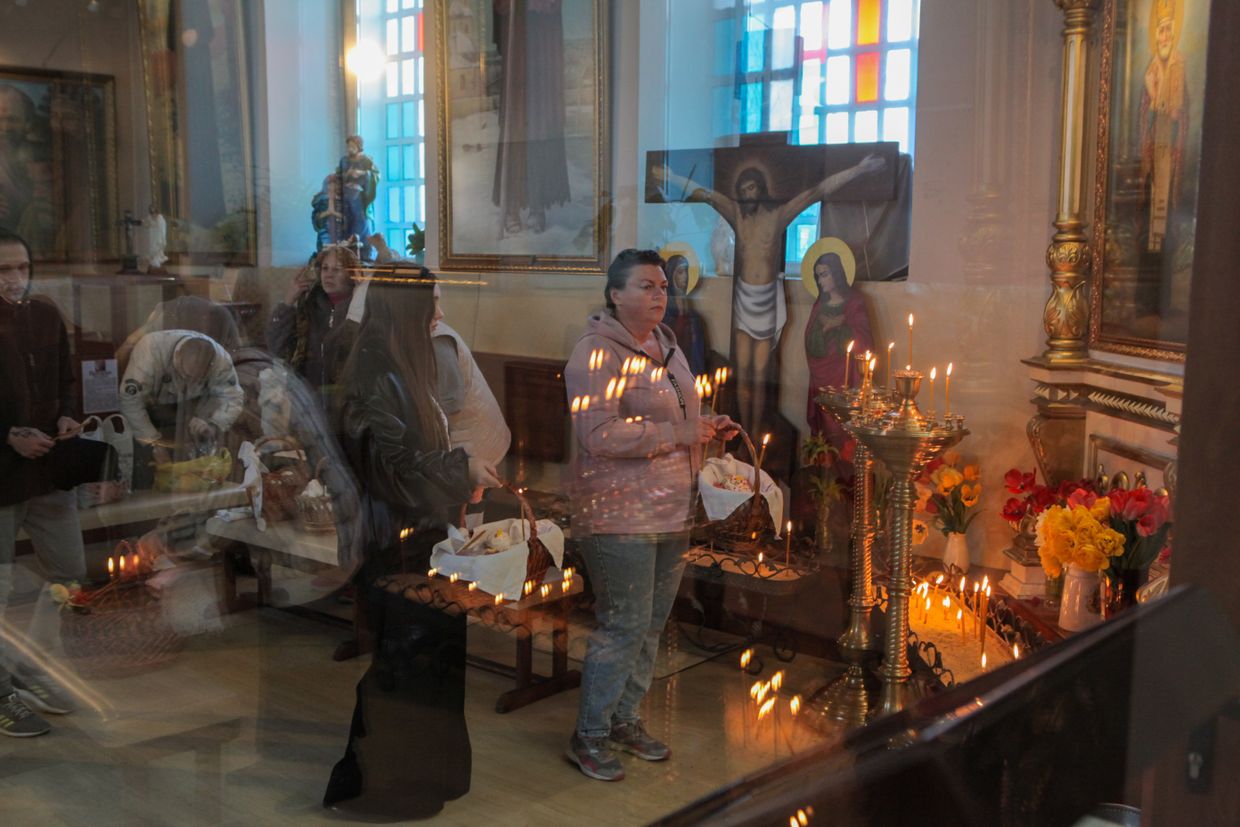
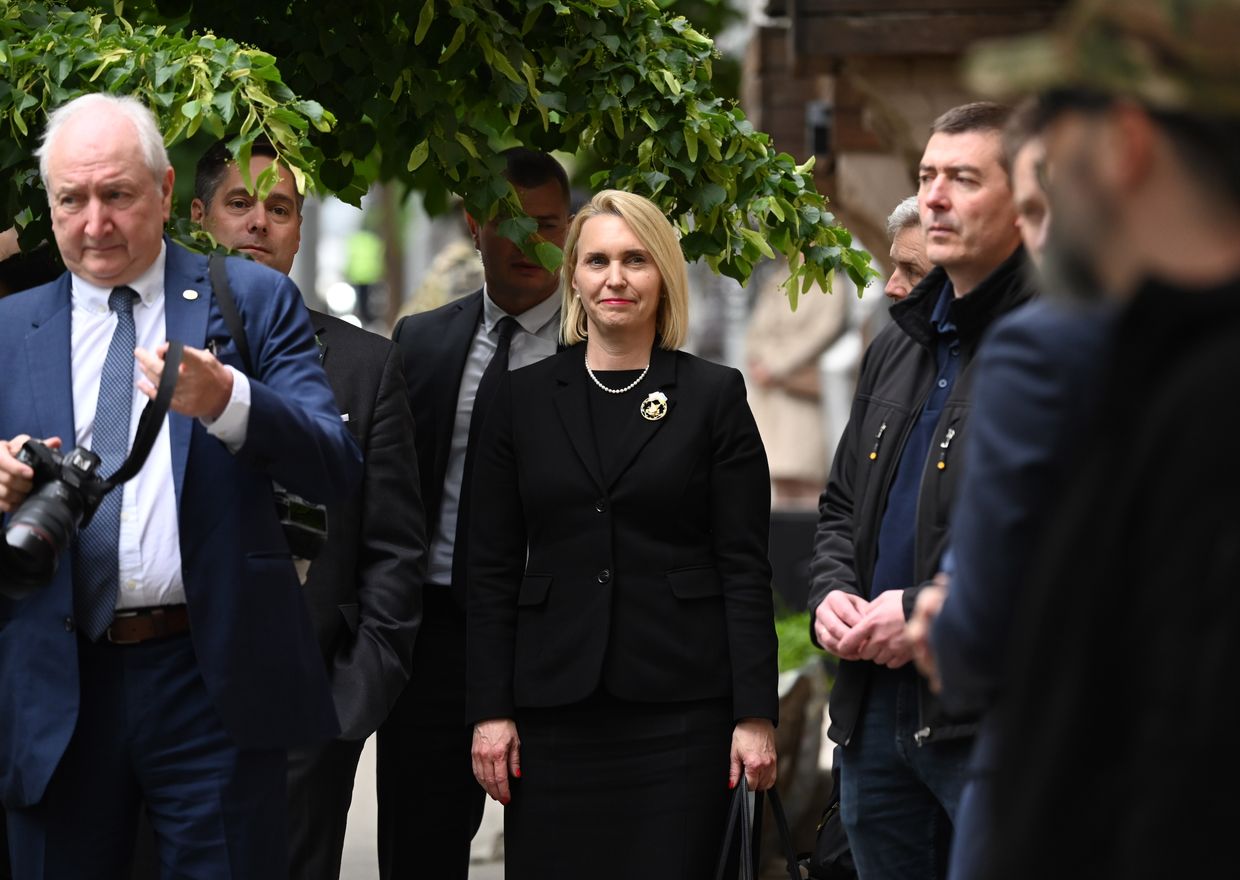



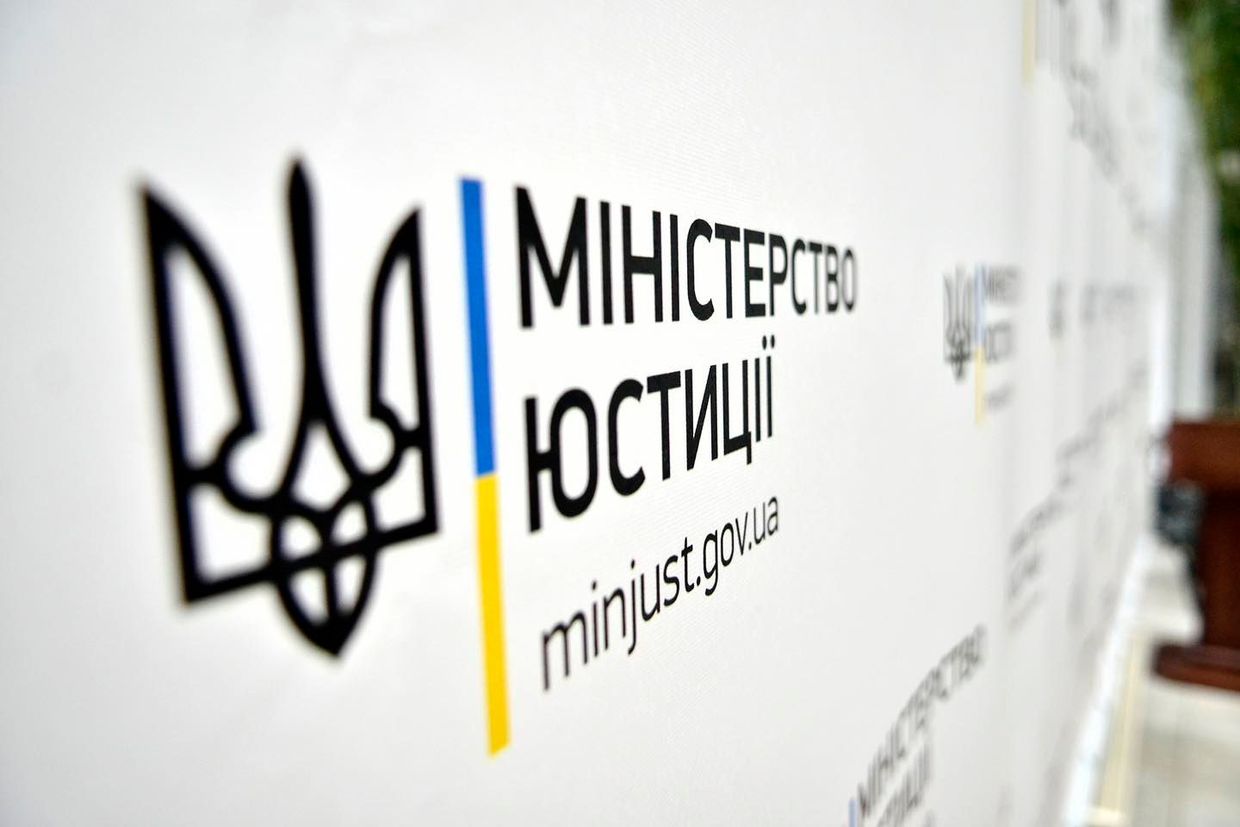
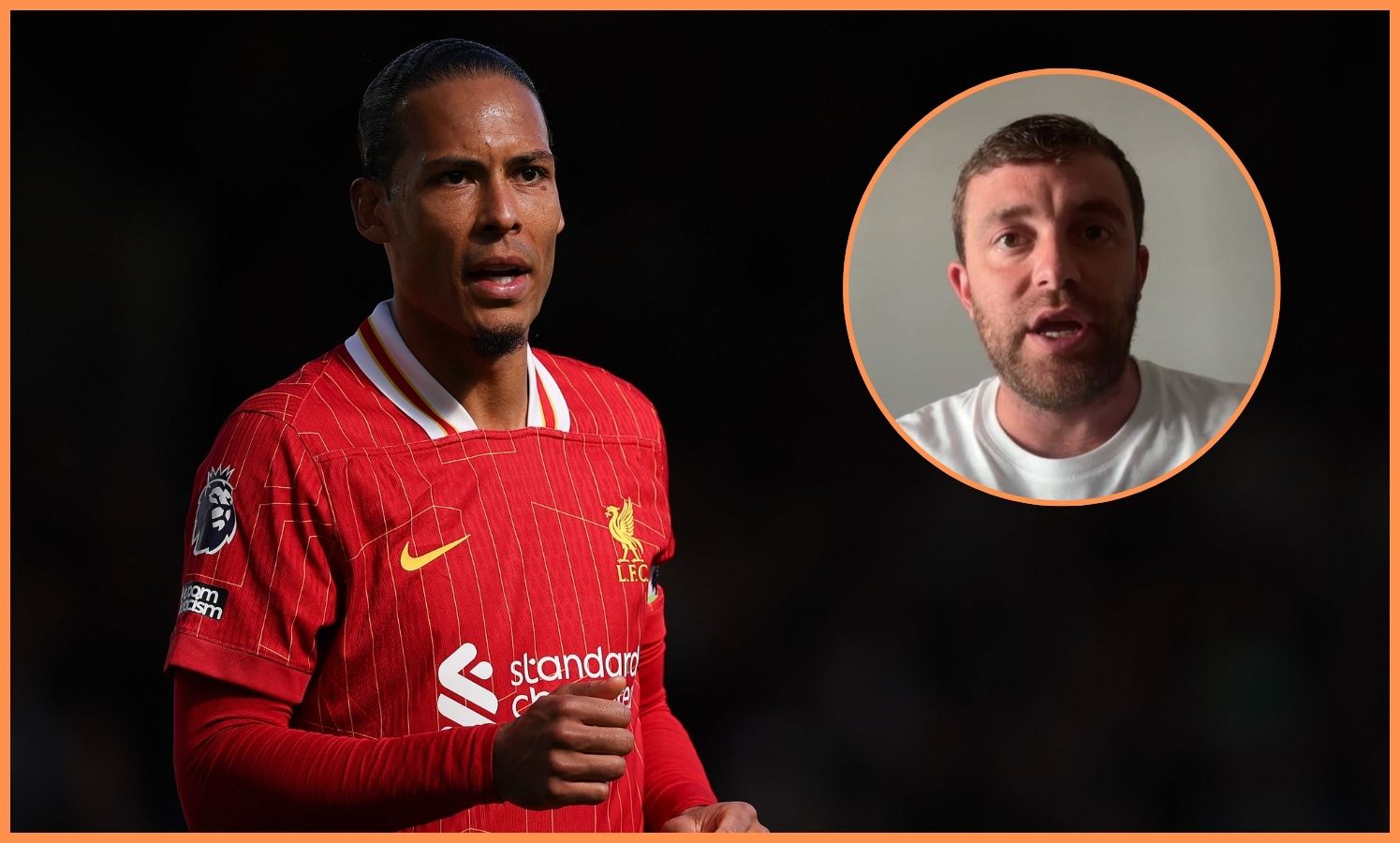
Comments